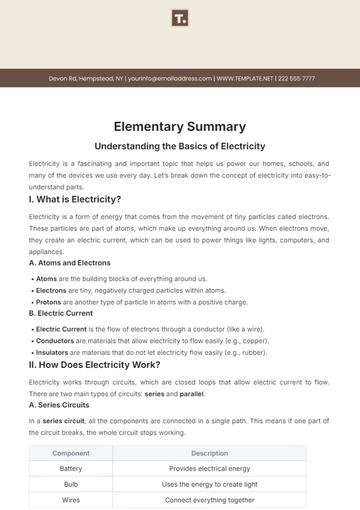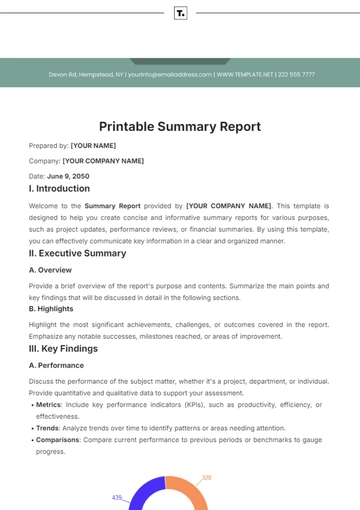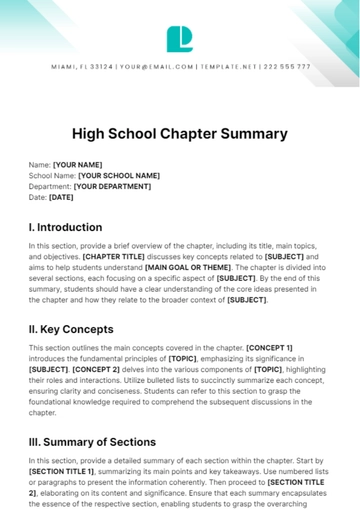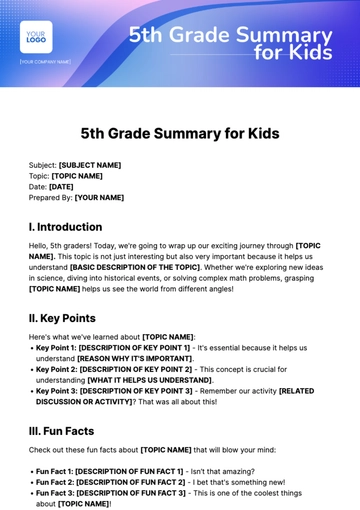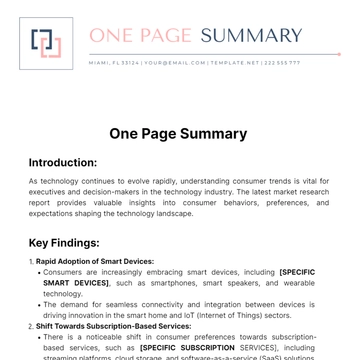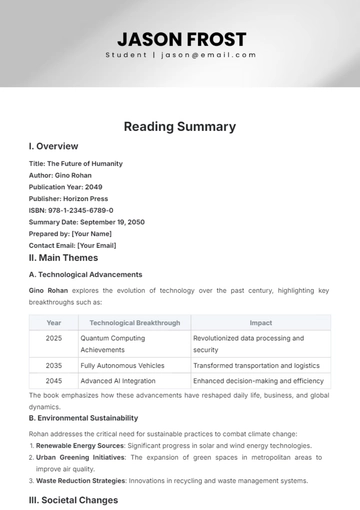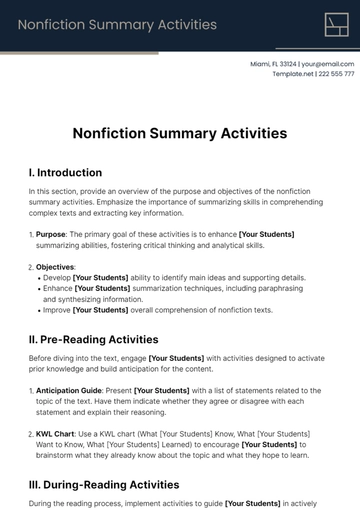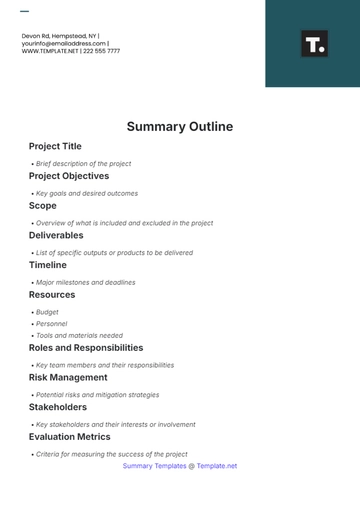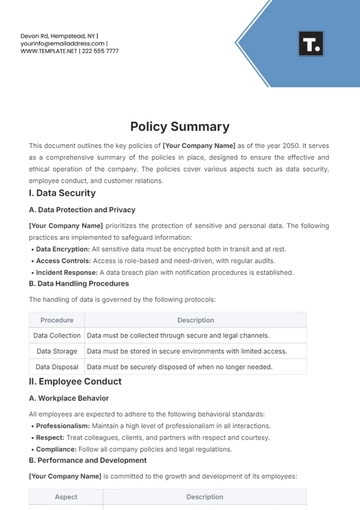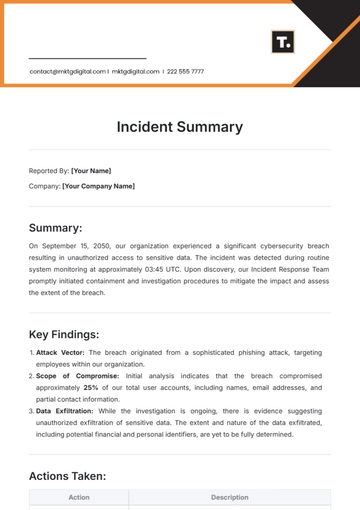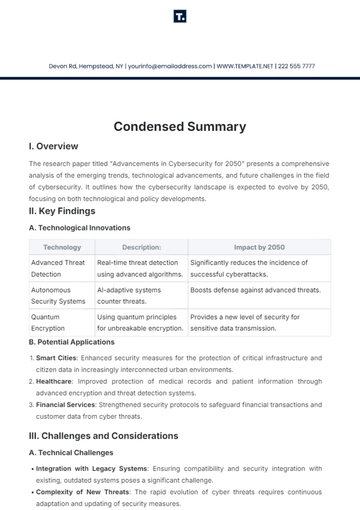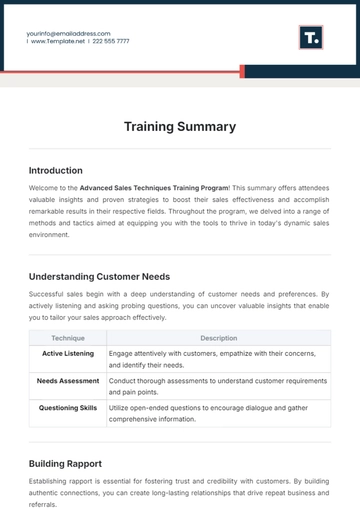Free Non Violent Communication Summary
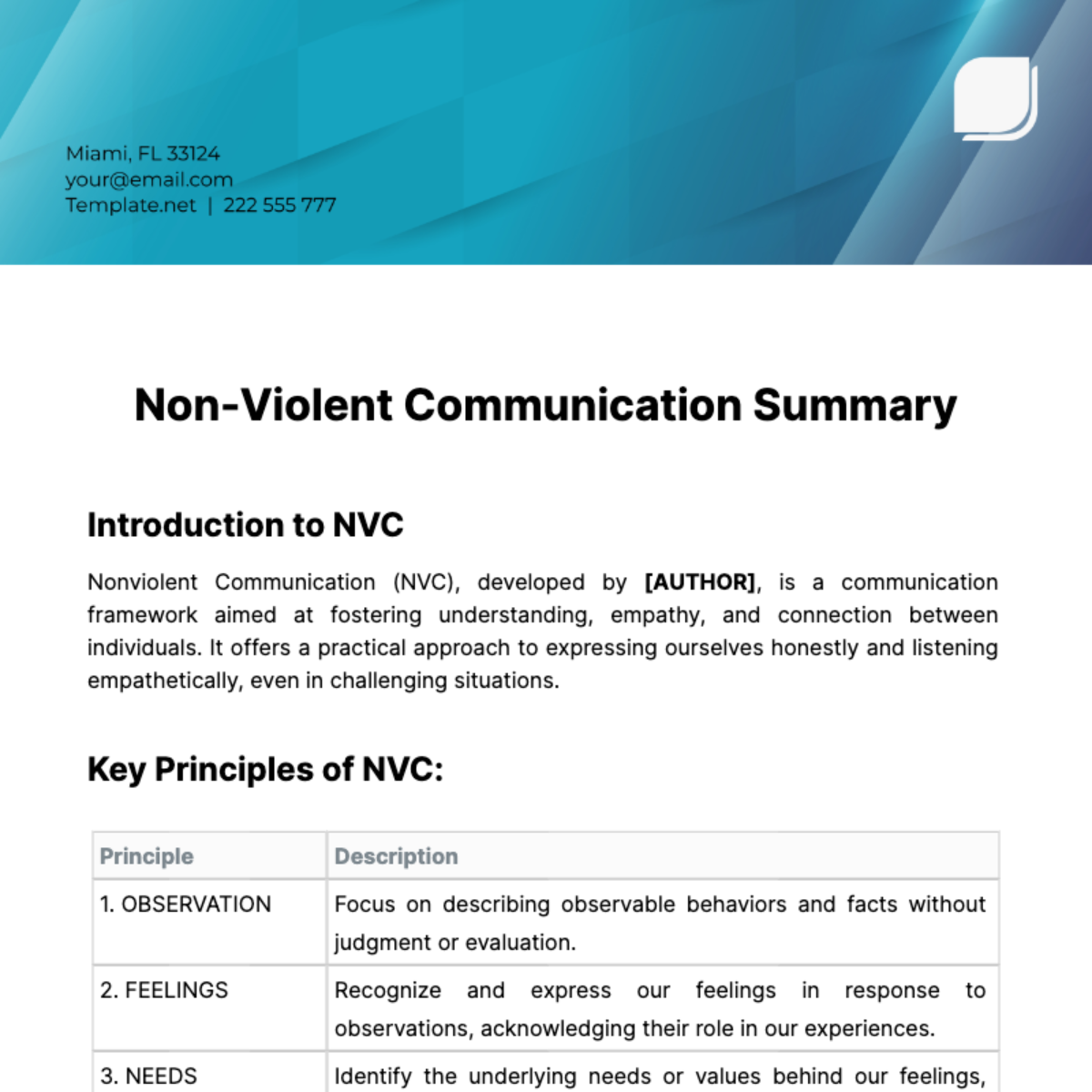
Introduction to NVC
Nonviolent Communication (NVC), developed by [AUTHOR], is a communication framework aimed at fostering understanding, empathy, and connection between individuals. It offers a practical approach to expressing ourselves honestly and listening empathetically, even in challenging situations.
Key Principles of NVC:
Principle | Description |
|---|---|
1. OBSERVATION | Focus on describing observable behaviors and facts without judgment or evaluation. |
2. FEELINGS | Recognize and express our feelings in response to observations, acknowledging their role in our experiences. |
3. NEEDS | Identify the underlying needs or values behind our feelings, recognizing that all behavior stems from an attempt to meet human needs. |
4. REQUESTS | Make clear, actionable requests that consider both our own needs and the needs of others, fostering mutual understanding and cooperation. |
Techniques for Practicing NVC:
Observation: When communicating, pay attention to specific actions or events without adding interpretations or assumptions. For example, instead of saying, "[OBSERVATION]," you might say, "[OBSERVATION]."
Feelings: Take time to identify and express your emotions using "I" statements, avoiding blame or criticism towards others. For instance, " [FEELING STATEMENT]."
Needs: Reflect on the underlying needs or values that are driving your emotions. For instance, if you feel frustrated, consider whether your need for [NEED] is not being met.
Requests: Clearly communicate your needs and desires by making specific requests that are actionable and considerate of others. For example, instead of saying, "[REQUEST]," you could say, "[REQUEST]."
Empathetic Listening
Practice active listening by giving full attention to the speaker, acknowledging their feelings and needs without judgment. Reflect back what you hear to ensure understanding and validate the speaker's experience.
Self-Expression
Learn to express yourself authentically while remaining mindful of the impact your words may have on others. Use "I" statements to take responsibility for your feelings and needs, fostering open and honest communication.
Conflict Resolution:
Utilize NVC principles to navigate conflicts constructively. Focus on understanding each other's perspectives, finding common ground, and seeking mutually satisfactory solutions.
Applications in Daily Life:
Explore how NVC can be applied in various contexts, such as personal relationships, workplace communication, parenting, and community interactions. Practice integrating NVC principles into your daily interactions for greater empathy and connection.
Benefits of NVC:
Improved Communication: NVC enhances clarity and understanding in communication, reducing conflicts and misunderstandings.
Enhanced Empathy: By focusing on feelings and needs, NVC cultivates empathy towards oneself and others, strengthening relationships.
Conflict Resolution: NVC provides tools for resolving conflicts peacefully, promoting cooperation and harmony.
Conclusion:
Nonviolent Communication offers a transformative approach to communication, emphasizing empathy, understanding, and mutual respect. By practicing its principles and techniques, individuals can foster healthier relationships, resolve conflicts constructively, and create a more compassionate world.
Summarized By: [YOUR NAME]
- 100% Customizable, free editor
- Access 1 Million+ Templates, photo’s & graphics
- Download or share as a template
- Click and replace photos, graphics, text, backgrounds
- Resize, crop, AI write & more
- Access advanced editor
Discover the essence of Nonviolent Communication effortlessly with our comprehensive summary template. At Template.net, access editable and customizable templates perfect for refining your communication skills. Enhance understanding and empathy with ease using our AI Editor Tool. Elevate your communication prowess today.


